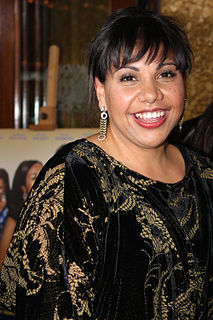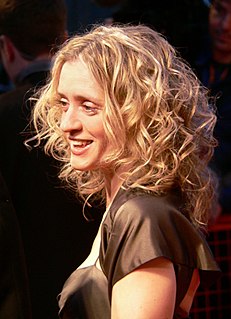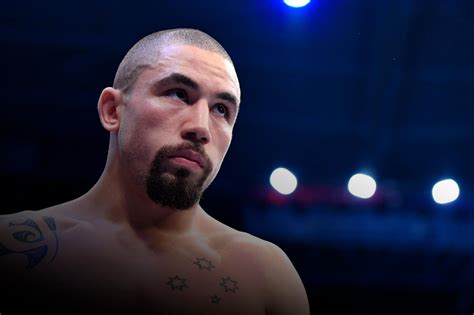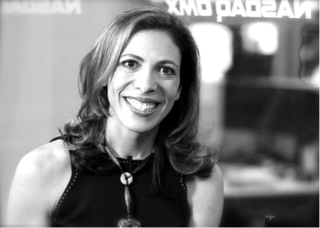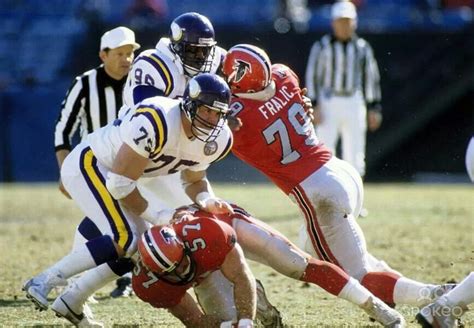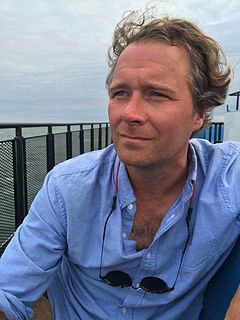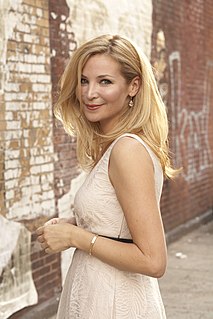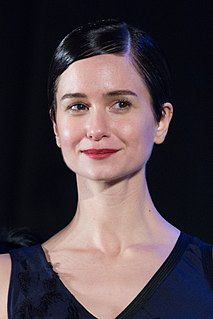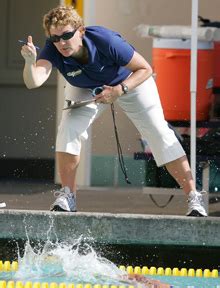A Quote by Deborah Mailman
I'm not a hugely social person. Obviously there's a big part of the job that requires that as actors, but it's not the most comfortable for me. I'm a homebody. I don't go out. My life is work and family. There's not a lot in between. That's how I like it.
Related Quotes
For actors, being successful is generally getting a job. If you can work a lot, you're really successful. If you work a lot on projects that are interesting and intelligent and great fun to be part of, then you're hugely successful. And I feel hugely successful. I can't believe that I get to be involved with the projects and the people I work with.
The most important lesson of all: Go home. Make time for the ones you love. The easiest thing to think about living like an entrepreneur is that these skills apply to only one part of your life: your job. That's a mistake. In the same way that entrepreneurs are redefining many of the traditional rules of the workplace, they're also helping to break down one of the most stubborn boundaries of all, the one between work and family. While it's popular to say you can have either a successful career or a meaningful personal life, I'd like to suggest you can aim for both.
Most people go to college to get a job, and here I am sitting in class with a job, making exponentially more than whoever's teaching me, you know what I'm saying? At the end of the day, I wanted to finish what I started, and make my mom proud. A lot of people put a lot of hard work and investment to allow me to go to school, and for me not to finish would have been like a slap in the face to my family and those people.
I feel like a new person. I learned how to deal with people when I wasn't a football player. I always wondered how they'd react to me, if they'd respect me. I found out I have other attributes that I like-and that others like. The injury made me a lot more mature. I have a better grasp of reality in life. I'm more patient and giving. I'm a lot closer to my family and more team oriented. I'm so much stronger emotionally. I have proven to myself that I can overcome the most dreaded injury in football. It's almost like dying and realizing life has been given back to me. I can't wait to play.
I like to have fun at work. It's okay if I don't. I've had that a few times. But generally, I'm someone who has a lot of fun at work, because I like my job. I think it's a fantastic job, at least that part of it is a fantastic job. And I like to have fun, and I personally feel that whether you're talking about the cast or the crew or the director or any combination thereof, that when people feel involved and comfortable and they feel like their work is being supported, that's the best environment to do good work.
I think everyone is always asking themselves, How is my work meaningful, how is my life meaningful? As I get older, I feel like who I am as a person and a citizen is more important than who I am in my work. But I do think it reframed slightly for me, how much I have to care about a project in order to want to do it. Sometimes, obviously, you have a take a job for money. But I think I'm quicker now when I get a script that's, say, borderline misogynist, I'm not going to go in for it. I'm thinking more about what I'm putting into the world.
I feel most myself when I'm reading, but by that I don't mean that I'm most comfortable when I'm reading. I feel most fully a person who's torn between attention and inattention, between loving and hating, between hyper-responsiveness and total dullness. Reading is not a comfortable experience for me.
What I learned about acting, from my experiences directing, is why so many producers and directors don't like actors. You go through all of this work securing a location, figuring out how to get electricity there, how to get trucks parked where they need to be, and where catering is going to come from. And if the actors don't come up with some magic, it actually didn't matter. That creates a lot of animosity towards the actors.
For the most part, my characters don't talk to me. I like to lord over them like some kind of benevolent deity. And, for the most part, my characters go along with it. I write intense character sketches and long, play-like conversations between me and them, but they stay out of the book writing itself.
